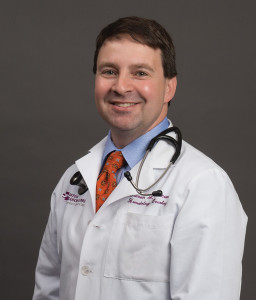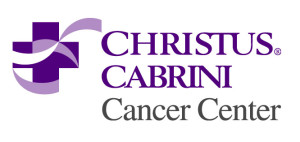
October is Breast Cancer Awareness Month, which is an annual campaign to increase awareness of the disease. While most people are aware of the disease, many are unaware of the different types and causes of breast cancer. The primary types are: estrogen-receptor-positive breast cancers, whose growth is fueled by the hormone estrogen; HER-2-positive breast cancers, which contain a protein called HER-2/neu; and triple-negative breast cancers, which don’t have receptors for estrogen, progesterone or HER-2.
Not only are there different types of breast cancer, but the risk of developing breast cancer can vary by age and genetics. At age 40, the average woman has a 1 in 69 chance of getting breast cancer in the next 10 years; at 50, the risk rises to 1 in 42; at 60, it’s 1 in 29; and at 70, it’s 1 in 27. Only about 20% to 30% of people who develop breast cancer have a family history of the disease, and an even smaller number—5% to 10%—carry a BRCA1 or 2 mutations (the so-called breast cancer genes).
As we understand more about breast cancer and how to treat it, genetics have played a larger role in our treatment process. Chemotherapy has been a mainstay of treatment for a long time. Now, with the development of genetic testing, more patients are spared the side effects of chemotherapy. Each year in the United States, more than 60,000 women are diagnosed with hormone receptor-positive breast cancer that has spread to their lymph nodes. Almost all receive chemotherapy in addition to anti-hormonal therapy, but analyses of earlier studies suggest that two-thirds of these women with the lowest genetic scores may see little or no benefit from chemotherapy.
The SWOG-led clinical trial RxPONDER (Rx for Positive Node, Endocrine Responsive Breast Cancer) will recruit 4,000 women to determine whether chemotherapy benefits patients with node positive breast cancer who have low to intermediate Oncotype DX recurrence scores. The trial also seeks to determine whether there is an optimal score cutpoint for these patients, above which chemotherapy should be recommended. The phase III trial is being led by SWOG, one of the largest of the National Cancer Institute supported clinical trial cooperative groups, giving patients almost anywhere in the United States–including patients at the Cabrini Cancer Center—access to the trial.










